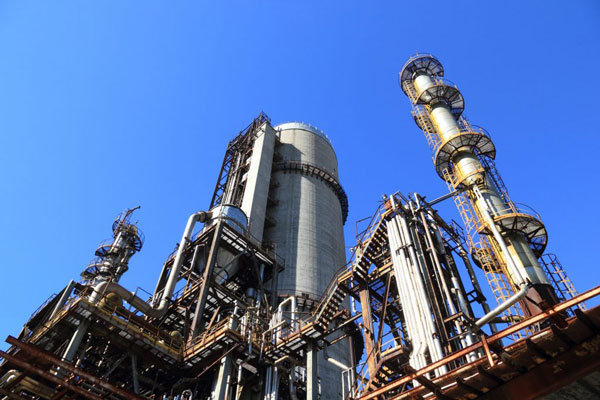
“The government has good ideas but no proper implementation plan,” Businge said, adding, “I see the mistakes made by Hared Petroleum going to be repeated with One Petroleum.” He suggested that given that companies like Oryx are not in the business of storage but in distribution, fuel that goes to the JST should be taxed while exiting the facility and not at the entry from Kenya so as to boost the appetite for OPL to stock more petroleum products.
Building UNOC capacity
The Chairperson of the Parliament Committee on Natural Resources, Alex Byarugaba told The Independent that they would lobby for an increased budget for UNOC to complement OPL’s effort of stocking fuel in the JST.
“There should be a constant supply of fuel to buyers,” Byarugaba said. “Even if we have our refinery…because of a big market in the region, fuel might be sold out and we remain with little … so we should be looking at storing fuel not for two weeks but for more than even six months,” he suggested.
Sebastiano Rwengabo, a research fellow at The Advocates Coalition for Development and Environment (ACODE), told The Independent that as new storage facilities come, government needs to do sufficient due diligence on companies it is partnering with in managing storage facilities to avoid mistakes in the management of the Jinja facility.
He said that if need be government should benchmark other countries on the proper management of the facilities and then build internal capacity for UNOC in terms of human resources, information technology and corporate governance to yield tangible results from the facilities. “…if we do that we will get a good deal from these facilities,” he said.
The facilities in question are linked to government’s efforts to commercialize its 6.5 billion barrels of crude oil in the Albertine region of western Uganda by the year 2020. Government says some of the country’s petroleum will be produced locally when a 30,000 barrels-per-day refinery (estimated to cost US$4bn) is constructed in Hoima district while bigger volumes will be sold to the international market through a crude oil export pipeline (estimated to cost US$3.55bn).
Rwengabo said building skills and competencies for UNOC in all aspects would help the country attain petroleum security through the planned petroleum storage facilities.
Timeline for the JST operationalisation
May/June 2017
- UNOC takes over JST
- JVA signed with OPL Consortium
- Transition period from Hared to OPL/UNOC
July 2017
- Graded access road leading to the facility
- Obtained URA bond to operate as bonded warehouse
- Recalibration of AGO Tank 1
- Installed weighbridge
- Installed brand new 550KVA generator
August 2017
- Firefighting system reactivation
- Developed terminal access control system
- Renovated office, stores and ablution blocks
September 2017
- Serviced offloading and loading meters
- Branded product tanks
- Filled AGO Tank 1
October 2017
- CCTV security upgrade ongoing
- Maintenance plan developed
- QC&OA apparatus installation
The future
- Rail and barge connection
- QA&QC lab installation
****
This article was done with funding from the African Centre for Media Excellence (ACME).
 The Independent Uganda: You get the Truth we Pay the Price
The Independent Uganda: You get the Truth we Pay the Price


